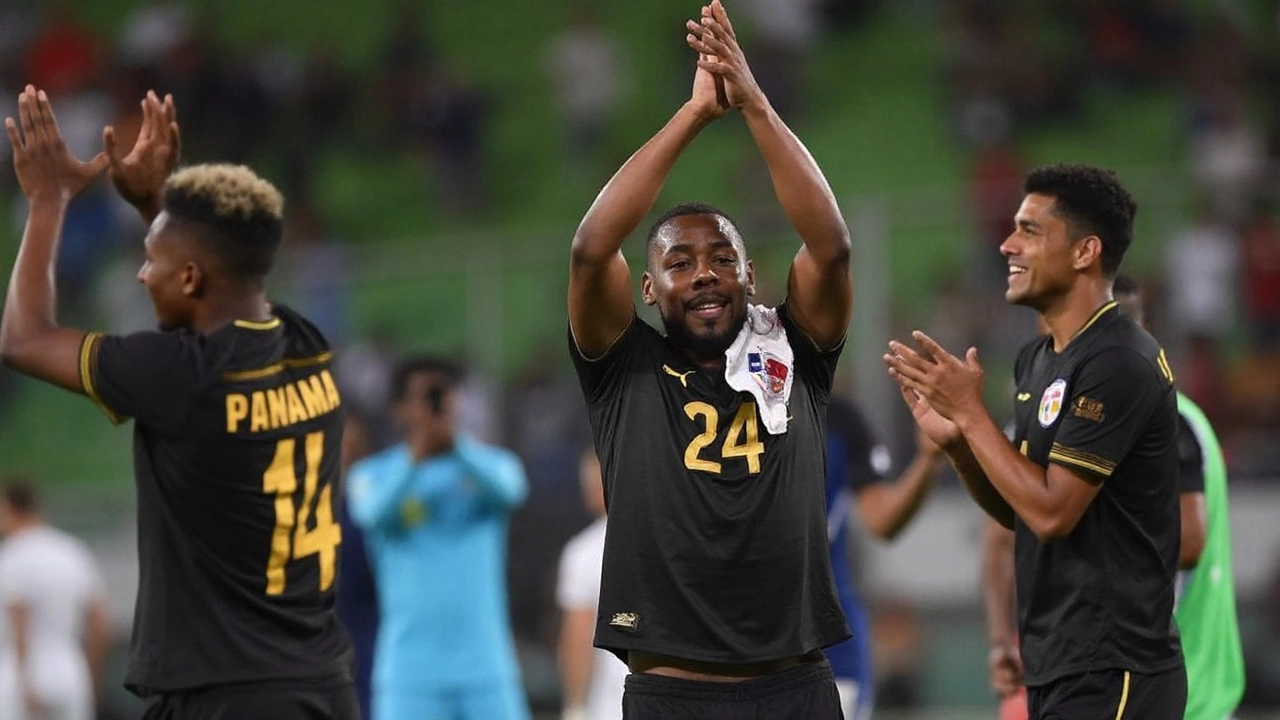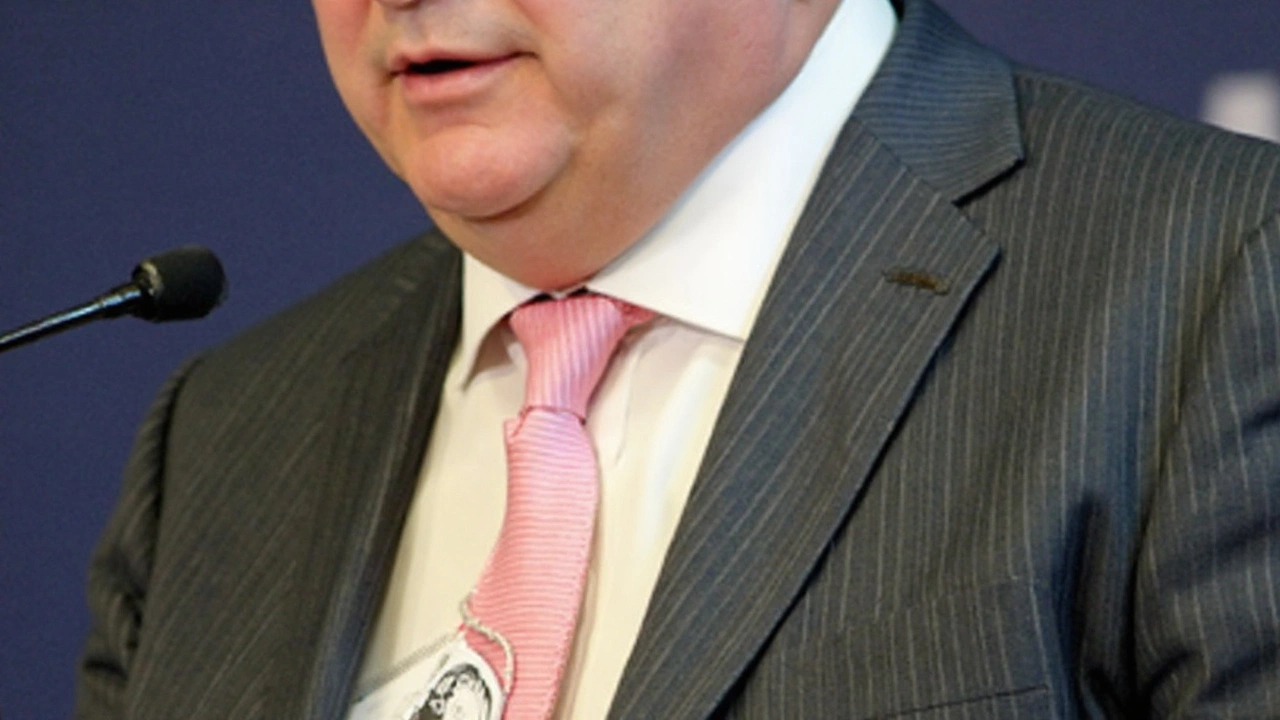High-profile detentions on a crowded anti-corruption front
Two sons of a former president who already did U.S. time for laundering $28 million were picked up again—this time in Guatemala. Authorities there detained Ricardo Alberto and Luis Enrique Martinelli brothers as they tried to cross into the country, according to official reports. The arrest fits a broader pattern in Central America and beyond: governments are leaning on cross-border cooperation to keep major corruption cases from slipping through jurisdictional cracks.
The brothers are no strangers to international law enforcement. They previously pleaded guilty in the United States and, in May 2023, were sentenced to three years in prison for conspiring to launder roughly $28 million in bribes. U.S. prosecutors tied the scheme to funds moved through the American financial system. Their case became one of the best-known spin-offs of Latin America’s blockbuster bribery scandal that put politicians and business elites under scrutiny from Panama City to Brasília.
Their latest detention in Guatemala appears linked to ongoing legal proceedings and information-sharing among authorities. While full details were not immediately available, the regional playbook is well established: once a high-profile suspect is in custody, governments weigh immigration violations, open warrants, and extradition requests before deciding the next move. That process can take days or stretch into months if multiple jurisdictions file competing claims.
The family context matters. Their father, former Panamanian President Ricardo Martinelli (2009–2014), has been convicted in Panama of corruption tied to the purchase of shares in Editora Panamá América—funds allegedly drawn from commissions on public works deals. After spending 15 months inside Nicaragua’s embassy in Panama City, he recently sought political asylum in Colombia, underscoring how a domestic legal battle has turned into a regional standoff.

Why the case resonates—and what could come next
This story traces back to one of the most far-reaching corporate corruption cases of the modern era. The Brazilian construction giant Odebrecht admitted in a 2016 settlement with U.S. authorities that it paid hundreds of millions of dollars in bribes across Latin America to win public contracts. Panama was among the countries implicated. The Martinelli sons’ U.S. case centered on money flows that prosecutors said were designed to hide the origin and destination of those bribes.
Guatemala’s role is not incidental. The country has been a corridor and, at times, a holding point in major transnational cases, especially when suspects move through airports or land borders. When people under investigation try to cross jurisdictions, alerts from Interpol or regional partners can quickly turn routine immigration checks into arrests. The fact that both brothers ended up in Guatemalan custody again signals that alerts about their movements—and their legal exposure—remain active.
For Panama, these arrests add pressure to a justice system still handling fallout from multiple graft cases. Courts and prosecutors have wrestled with how to recover assets, preserve evidence across borders, and secure cooperation deals that stick. The logistics are complicated: money moved through shell companies, layered accounts, and third-party intermediaries. The legal questions are simple only on paper—who paid, who benefited, and who knew.
The political stakes are just as high. Ricardo Martinelli remains a defining figure in Panamanian politics, and the legal saga around him and his sons has split public opinion for years. Supporters see political persecution; critics see a long-overdue reckoning with elite impunity. The optics of a former president’s sons being detained again outside Panama feed that divide—and will likely spark fresh debate over accountability at home.
What happens now depends on three moving parts: where the brothers are wanted, how fast requests land on Guatemala’s desk, and whether the cases are administrative (immigration) or criminal (extradition-level). In practice, that means:
- Detention and verification: Authorities confirm identities, review entry conditions, and check regional and international alerts.
- Legal coordination: Prosecutors and foreign ministries compare notes with counterparts in Panama and any other country with an active case or sentence to enforce.
- Court review: Judges in Guatemala weigh the legal basis for detention, potential extradition, or deportation, and any due-process claims by the defense.
None of this moves in a straight line. If Panama seeks the brothers for proceedings at home, it will have to outline the charges or judgments and show the legal grounds to bring them back. If another country files a competing claim, Guatemala’s courts would decide which request takes priority. If the case is handled as a migration matter, removal can be faster—but only if there’s no valid competing judicial order.
The larger picture hasn’t changed: Latin America’s biggest graft investigations are still testing how well countries can work together. The Odebrecht scandal triggered a wave of reforms, new compliance rules for contractors, and tougher oversight of public works. But enforcement depends on coordination, and coordination depends on politics. Arrests like this one are the visible edge of a sprawling effort to make corruption cases stick across borders.
For the Martinelli family, the legal calendar keeps filling up. The brothers’ detention in Guatemala puts fresh attention on the status of Panama’s cases and on the former president’s asylum bid. For regional authorities, it’s another reminder that big corruption investigations don’t end with a single conviction. They travel—along with the people and the money.
